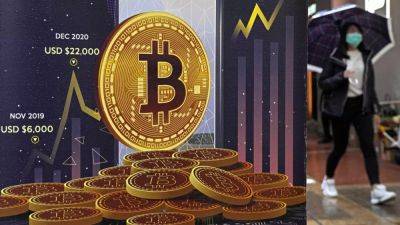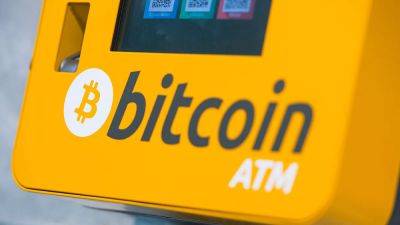Inflation mitigation a key driver for Crypto adoption in Africa
Cryptocurrency is a digital asset, yes, but it’s also a problem solver. In particular, crypto presents a potential solution to the problems of fiat currency devaluation and, in conjunction with that, the price inflation of a broad range of essential goods and services.
Massive populations in the developing world are turning to cryptocurrencies as a means to store value and conduct commerce across borders. The numbers are staggering with the total crypto market cap reaching $3 trillion. This inflow of funds into crypto is shown by the popularity of the largest crypto exchanges. In a 2024 study of top internet services conducted by Cloudflare, cryptocurrency exchange leader, Binance, ranks #6 across all financial services platforms worldwide – only behind the likes of Stripe, Alipay and Paypal.
In a recent interview with Benzinga, Binance CEO Richard Teng commented on his belief that the blockchain and digital assets can be foundational for global economic growth, “Crypto has changed the lives of so many people, especially where banking systems are expensive or inaccessible.” Teng continued by discussing the role of crypto regulation, “Close to one-third of global regulators now have frameworks for crypto. This clarity is critical for mass adoption.”
Cryptocurrency is the global technology sector’s answer as nations and continents seek ways to mitigate the devastating impact of inflation. Among these regions seeking solutions in the 2020s, Africa could benefit greatly from the built-in advantages that Bitcoin and other decentralized digital currencies have to offer.
Unlike the world’s major fiat currencies which governments are able to print and spend, Bitcoin from the outset established a maximum supply of 21 million currency
Read more on guardian.ng





















